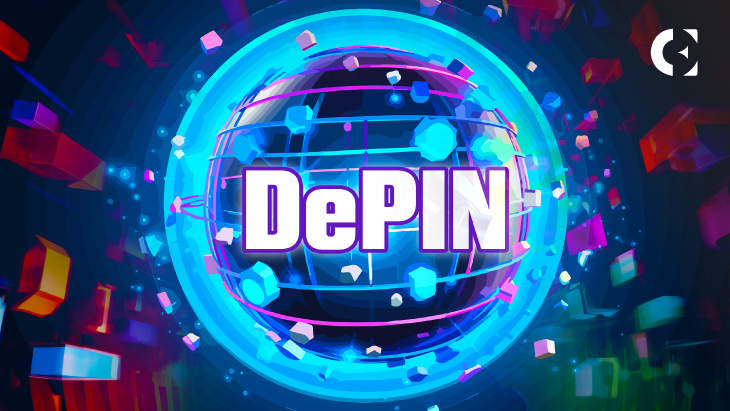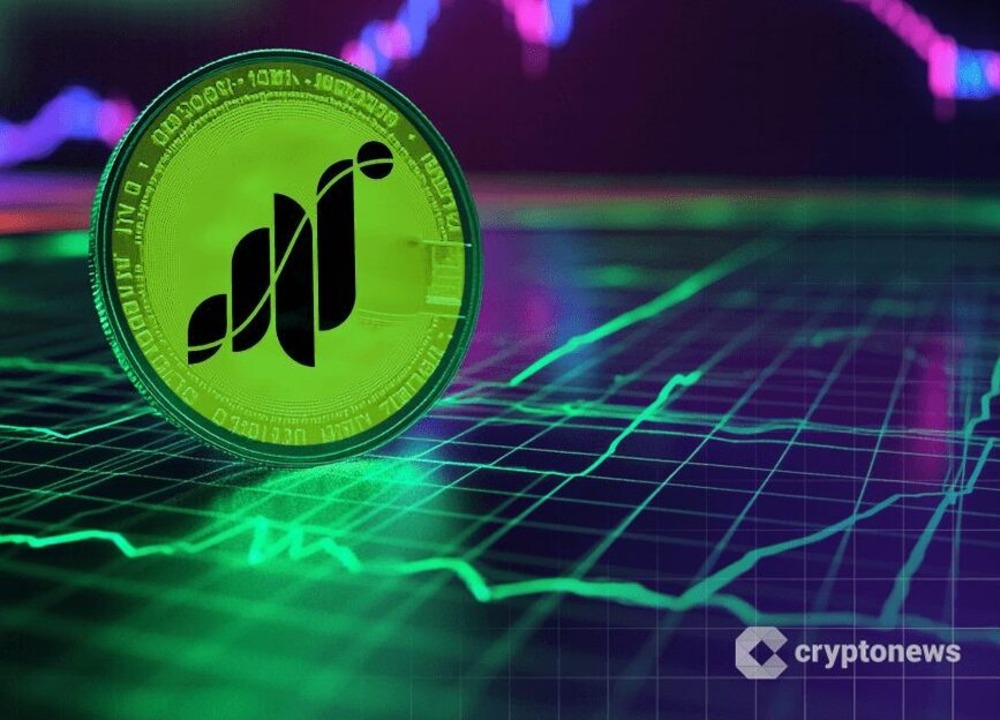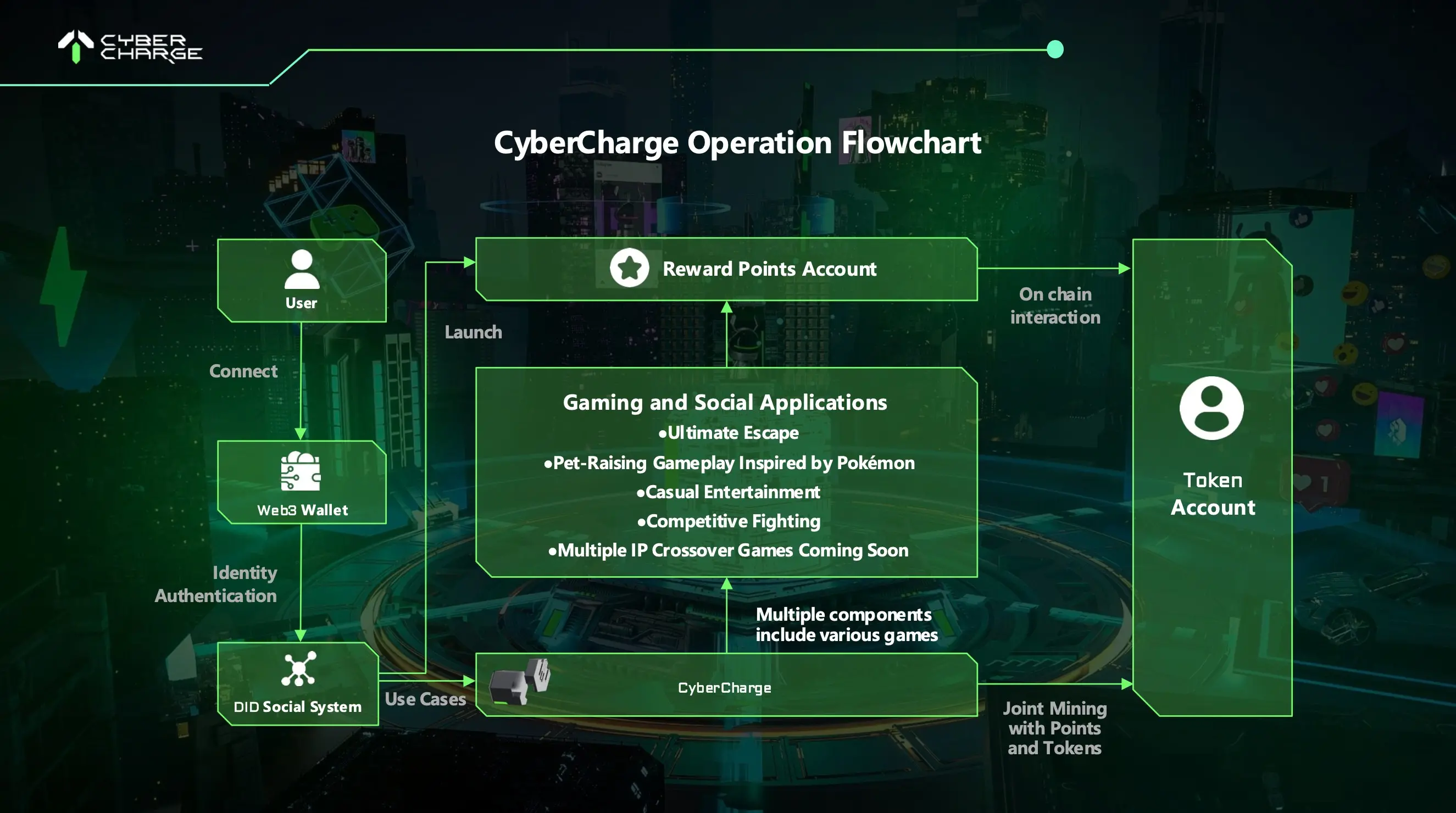DePINs: Transforming Web3 Infrastructure and AI Demand

A recent MV Global report highlights the transformative potential of DePINs in the Web3 space, with over 1,000 projects and a $50 billion market cap. DePINs, decentralized physical infrastructure networks, aim to decentralize real-world systems like communication networks and energy markets. The report predicts a $128 billion market for decentralized data storage by 2028, driven by AI demand. DePIN projects are gaining traction, attracting both existing Web3 users and newcomers from Web 2. Emerging projects like Helium and Destra.network are disrupting traditional infrastructure, while specialized blockchains like Peaq and IoTeX cater to unique network needs. Projects in sensor networks and energy storage solutions are also on the rise, with Daylight and EC3 leading the charge. Established players like Filecoin and Arweave are poised to benefit from the growing demand. The report emphasizes the significant impact DePINs can have on real-world infrastructure across various sectors.
Related News





